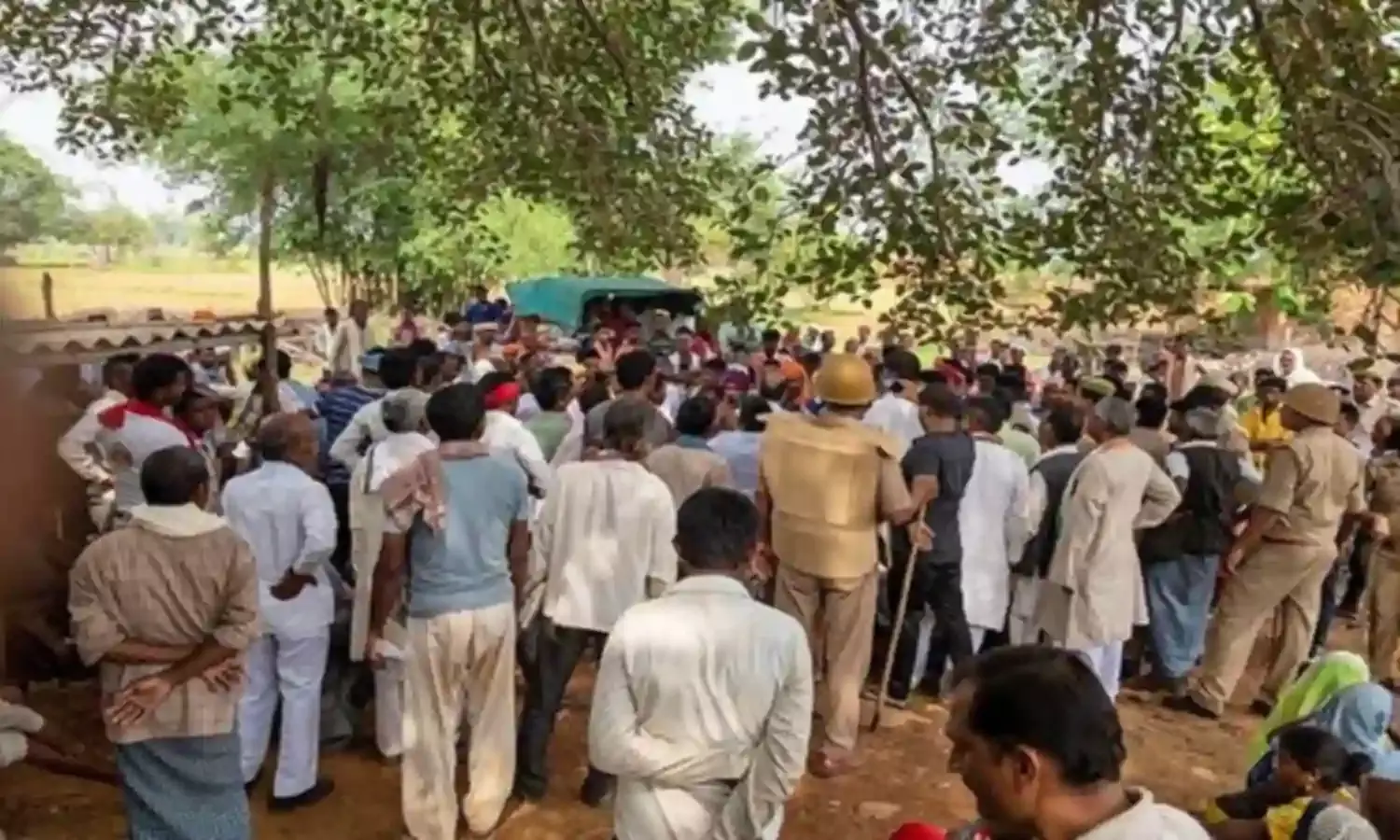Twisted Tale Behind the Gurjar Massacre of 10 Gond Adivasis in Umbbha
‘The pradhan has been trying to get possession of tribal land for the past two-three years’

NEW DELHI: Ghorawal tehsil in the Sonbhadra district of Uttar Pradesh witnessed a massacre of Gond adivasis on Wednesday, July 17 over a land dispute.
Ten people were killed and as many as 25 injured, all of them Gonds, as a village headman (pradhan) and his supporters belonging to the Gurjar community allegedly opened fire.
The bloody clash occurred in Umbbha village under the Murti gram panchayat which is home to around 300 families, 150 from the Bhurkiya community and 125 of the Gond community.
24 people have been arrested. The Uttar Pradesh Schedule Caste/Schedule Tribe Commission has asked the state government to invoke the National Security Act and the Gangster Act against the alleged culprits.
It has sought their trial by a fast track court, and asked “the officials conducting the inquiry to look into the negligence aspect and ensure that action is taken against officials and staff found responsible.”
Requesting anonymity, a local official from the Ghorawal region told The Citizen that “the pradhan has been trying to get possession of tribal land for the past two-three years but has been failing.
“On Wednesday the situation escalated drastically as it looked like he had come determined to kill those who would oppose him.
“Gonds have long been in possession of the disputed land, and have been farming it even before 1947. In the mid 1950s, a former Bihar cadre IAS officer along with the village headman at the time bought land in the village, transferring it in 1989 to the Adarsh Credit Cooperative Society scheme with the help of the tehsildar.”
“Later the IAS nominated his wife and daughter for possession of the disputed land. However, the law is that no individual can be nominated for the cooperative society’s land.
“The IAS official then sold off part of the land, and the remaining disputed land was given to the accused and current headman of the village.”
Land records in India only record who is currently in possession of the land, and not its actual owner. Land possession is determined through a chronological sequence of past transactions of the land or property and the sale deeds so registered. Therefore, such records refer only to registered transactions, and not the land title itself.
Local media reports suggest that the village pradhan, Yajnadatta, came prepared with 200 of his men arriving on several tractors and trucks, armed to the teeth with weapons. He wanted to take possession of the land even at the cost of human life.



